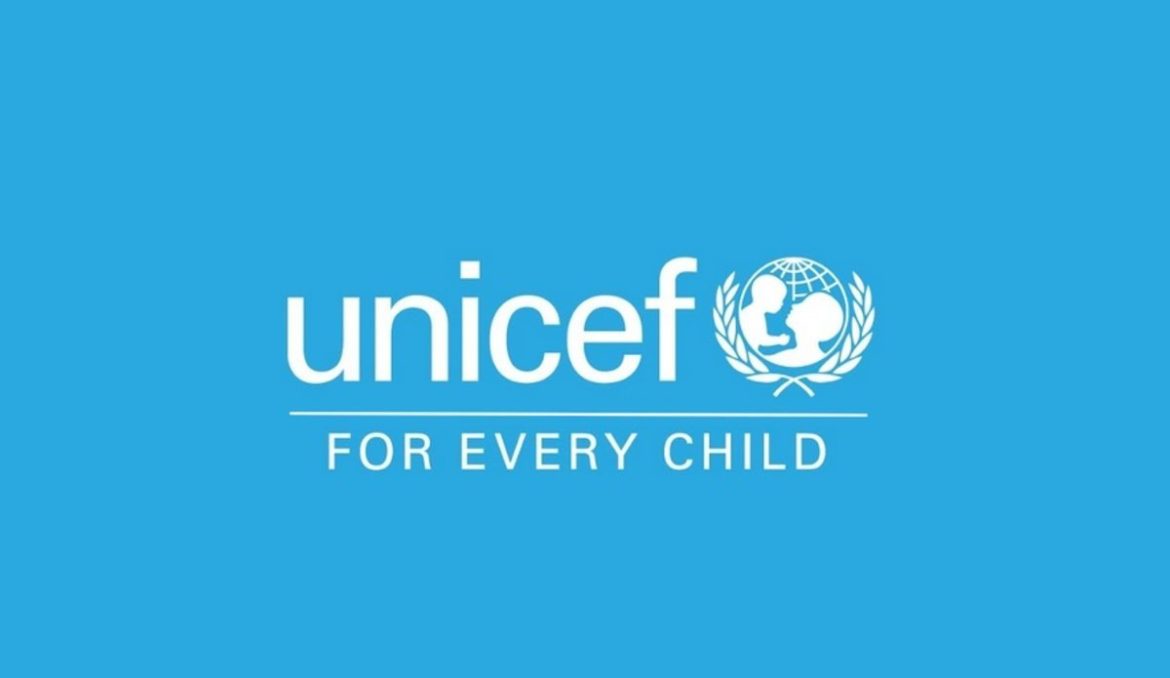By Muhammad Amaan
The United Nations Children’s Fund (UNICEF) has expressed concern over Nigeria’s ranking as one of the world’s top three countries with high prevalence of Female Genital Mutilation (FGM).
Mr Denis Onoise, a UNICEF Child Protection Specialist, Lagos Field Office, made this known at a two-day dialogue aimed at ending FGM on Wednesday in Benin, Edo State.
The meeting was organised by the Oyo State Ministry of Information and Orientation in collaboration with UNICEF.
Referencing reports on FGM, Onoise said that Nigeria was third behind India and Bangladesh in the practice.
He noted that the practice continues to deprive girls and women of their fundamental human rights, while imposing lifelong health and economic costs.
“FGM is a harmful cultural practice and human rights violation. It imposes lifelong health consequences on women; consequences they never signed up for,” he said.
According to the child protection specialist, global reports indicate that treating FGM-related complications costs approximately $1.4 billion each year.
He pointed out that Nigeria, being the most populous country where FGM is practiced, faces alarming numbers
Onoise said that FGM took many forms across communities, from cutting with sharp objects to harmful practices such as repeatedly pressing or rubbing a new born girl’s clitoris with substances to stop its growth.
“The clitoris will not grow, and the girl loses her full sexual and reproductive rights. It is as good as severe mutilation,” Onoise said.
He stressed that FGM offers no medical benefits, but instead leads to severe consequences, such as trauma, obstetric complications, and impaired sexual function.
“FGM does not stop promiscuity, it does not keep marriages, and it does not make women cleaner, as communities often claim.
“Research shows more than 50 percent of sex workers in Nigeria have undergone FGM. So the argument that cutting keeps women faithful is false,” he said.
He described the practice as a social norm sustained by myths, pressure, and fear of exclusion rather than genuine tradition or religion.
“If you ask communities why they still practice FGM, they will tell you, it is what we inherited; it is what ensures marriageability.
“But neither the Bible nor the Quran prescribes it. This is not religion. It is simply social pressure passed down through generations,” he said.
Mr Onoise also said that Nigeria still faced stubborn resistance in high-prevalence states across the Southwest, Southeast, and parts of the South-South.
“Some communities have begun issuing public declarations abandoning FGM. In Anambra, for example, more than 15 communities dropped the practice last year.
“But unless we accelerate change, the decline will not be fast enough to meet the 2030 target under the Sustainable Development Goals (SDGs),” he said.
He called on journalists, traditional leaders, and policymakers to step up efforts in reporting, advocacy, and enforcement.
“The courts have laws against FGM, but prosecutions are rare. Communities must be encouraged to speak out, and the media must spotlight stories that show both the harm of FGM and the power of change,” Onoise said.
The dialogue was attended by journalists from Lagos, Edo, Osun, Oyo, Ogun, Ekiti, and Ondo states.




